Has your puppy been with you for some time now and it seems to you that he has finally settled in? Then it is also time to approach training , attending some puppy lessons with him.
Summary
- Socialization and the first basic rules
- Exercises and games: how are puppy lessons organized?
- Too Much Is Bad: Why Playing For Long Times Can Be Counterproductive for Your Puppy
- Tips for choosing the right training course
- How do I know if my puppy should take a training class?
- Some games to play together, at home
- What are the easiest games to play at home?
By reading this article you will discover the importance of play in dog training and you will learn many exercises to have a lot of fun together with your furry friend.
1- Socialization and the first basic rules
- Third Week of Life: Opening Eyes and Discovering the World
Towards the third week of life, the puppy opens his eyes and begins to perceive the stimuli coming from the world around him. From now on, everything will be a discovery, and the days will fly by in the name of his irrepressible curiosity. - Brain Development and Sensory Perception
At this age, your furry friend’s brain begins to be ready to collect and interpret as many sensations and information as possible, to get an increasingly clear idea of the context in which he will grow up and spend his life. - Importance of Socialization: Full of Positive Experiences
It is important to do everything possible so that this period, called socialization, is full of experiences, naturally positive. - The 4-Month Milestone: A New Phase of Life
In fact, around 4 months of age, a new phase of life will begin for the puppy, and all the stimuli that it will have previously lost will not be recoverable. If, for example, he has no contact with other dogs other than his mother and siblings, it is likely that in the future he will be rather wary of his peers.
[blockquote align=”none” author=”— M.K. Clinton“]“The world would be a nicer place if everyone had the ability to love as unconditionally as a dog[/blockquote]
Long-Term Impact of Early Experiences
- Positive and Negative Experiences: Lasting Effects on Behavior
It should be remembered that the dog’s brain, unfortunately, is also able to memorize negative experiences in the long term, which could therefore leave equally indelible marks on the character of your four-legged friend. - Potential Anxiety from Negative Encounters
Finding yourself having to run away from a dog that is much bigger and more aggressive than you, for example, could affect the anxiety with which you will face your future walks. Unfortunately, even just one bad experience, if particularly strong, can ruin all the work done to raise a balanced and confident puppy.
The Role of Puppy Classes in Socialization
- Why Supervised Interaction is Essential
This is why it is important that in this delicate phase, the dog learns to know its peers, first by smelling them, and then by observing their appearance and behavior. - Puppy Classes: An Optimal Environment
Puppy classes, in this sense, are an optimal environment: here, in fact, contact between dogs takes place under the strict supervision of an absolutely expert and competent trainer, who will also give you valuable advice on how to relate to your furry friend in the best way and thus raise a healthy and self-confident dog. - Expert Guidance: Valuable Advice for Raising a Confident Puppy
The trainer will not fail to dispense precious advice also for everyday life within the four walls of the house.
 2- Exercises and Games in Puppy Lessons
2- Exercises and Games in Puppy Lessons
- The Structure of Puppy Training Courses
The long-awaited day has arrived; the training course for your furry friend begins. You don’t think you can free him from the leash and let him run for an hour watching him from afar? Far from it! - Learning to Relate Correctly to Other Dogs
Puppy lessons are much more than just play; they are a great way to learn to relate correctly to other dogs. Puppies, as we know, are very curious and run enthusiastically towards anyone who passes by, obviously including their own kind. - Obedience Training and Basic Rules
During the lessons for puppies, they will learn to control themselves and concentrate on you, respecting your figure as a reference. On this occasion, in fact, for example, during the theoretical explanations, the puppies are in contact with their furry companions but they must still remain on the leash. They will understand how to stay by your side without being distracted by what is happening around you. Strengthening the Bond Between Puppy and Human
The puppy, for example, will quickly learn the mechanism of reward, a great way to get him to recognize and respect your commands. Sharing exciting experiences with other dogs and making new discoveries together with you will only strengthen the fantastic relationship that is being created with your puppy and that will bind you for life.- Exploratory Tours: New Discoveries with Your Puppy
Many dog schools offer, for example, small exploratory tours where your dog will experience different types of terrain, will be able to smell many plants, flowers, and various natural elements, and hide inside holes and tunnels. Obviously, in your company! - The Importance of Play and Fun in Puppy Training
Like every child, your puppy also has a great need to play. And no one will stop him! - Forming Small Groups for Social Play
Most likely, the trainer will form small groups of two dogs each, choosing specimens with a similar temperament and allowing them to play freely for a few minutes. Through contact with his peers, your puppy will learn different ways to play and will be able to better manage future encounters with other dogs.
3-Too Much Is Bad: Why Playing For Long Times Can Be Counterproductive for Your Puppy
Reasons for Controlled Play
- Ensuring Safety:
First of all, to feel good it is important that your puppy always feels safe. Uncontrolled play could make him go out of line, causing him to feel lost. - Managing Strength and Dominance:
Puppies, just like children, have absolutely no perception of their own strength and sometimes it can happen that, while playing, one dog dominates the other, making him feel threatened. A sensation of this type, however harmless or fleeting it may seem, risks influencing the entire life of the dog, undermining the way in which he will relate to his peers in the future. - Supervised Introductions:
Imagine the effect that the exuberance of the Belgian Shepherd on a puppy Dachshund! This is why it is important that the first approaches between dogs always take place under the strict supervision of the trainer or the human reference figure.
Effects of Overexcited Play
- Prolonged Excitement:
Playing for too long, moreover, could leave the dog in a state of excitement that is difficult to calm down: have you ever heard of the five minutes of puppy madness? - Post-Walk Excitement:
Sometimes, perhaps after a walk in a new environment, your little one might start to get more excited than usual, running around like crazy, seemingly for no reason at all
On this occasion he experienced so many new emotions and he struggles to process them.

Managing Puppy Madness
- Handling Overexcitement:
A dog struggling with the famous five minutes of madness can be difficult to manage: exaggerated excitement could even translate into aggressive behavior, with bites and attacks of various types.
The Counterproductive Nature of Uncontrolled Play
- Negative Impact on Socialization:
Playing in this way is therefore absolutely counterproductive: it teaches nothing and, in fact, certainly hinders the relationship with other dogs.
Conclusion
- Time to Rest and Learn:
Puppy lessons often end with a time when you have the opportunity to do some ask the trainer. It’s a great opportunity to let your little furry friend rest: on his own initiative, you know, he would never stop, but leaving him free to follow his instincts would really tire him out too much, triggering the famous “five minutes”. - Additional Resources:
Browse our magazine to find many more tips on how to train a puppy!
4- Tips for choosing the right training course
A serious training course will certainly appreciate and accommodate your request to attend an hour of class without your furry friend. This is an important first approach, because if you feel comfortable, it is likely that your furry friend will be too.
In any case, below is a short list of the characteristics that a good training course should have:
- A class should accommodate a maximum of five puppies
- During the hour there are alternating moments of play, guided exercise and breaks.
- The trainer selects the dogs to play together based on size and temperament
- The trainer also gives theoretical informationto help you decipher thedog body language and some attitudes in particular
- When the puppy correctly follows a command or obeys, he is rewarded to positively reinforcehis behavior.
- Otherwise,the dog is not punished, but ignored
- Dogs are not subjected to intimidation or aggression from the more quarrelsome participants
- Puppy classes do not allow hunting dogs (over 17 weeks)
- The dog trainer suggests some exercises to do as homework during the weekand leaves room for any questions, even those related to daily life with the puppy.
A word of advice: look for a good training course even before your furry friend arrives home and book it in advance . The best time to attend puppy lessons is within two months of age, so if the course you choose is full you could risk arriving too late.
5- How do I know if my puppy should take a training class?
It doesn’t matter if your little furry friend seems very good or if you feel like an expert in dog training: if a training course is done well, it will always be worth attending, because it will give both you and your furry friend a wealth of invaluable experiences .
If it’s your first time getting a puppy, puppy lessons are simply essential. After all, it’s not just your new furry friend who has to learn a lot of things, it’s all new to you too.
Do you feel that you are unable to guarantee your dog regular contact with his peers ? A training course is then ideal to fill this gap. Many dog schools also offer to continue the path with a training for junior dogs.
READ MORE ON TRAINING
6- Some games to play together, at home
Don’t think that an hour of lessons a week will be enough to let off steam with your tireless furry friend:Playing at home with you is almost as important as the training course, not only to keep him physically active. Playing with you is essential for the correct development of your child’s social behavior and for good health. education in general.
For example, one-on-one play sessions are perfect for teaching your dog not to bite: as soon as you feel him clenching his teeth too hard, you can raise your voice slightly with a clear and precise command, while simultaneously moving his little face away.Then stop playing for a few seconds: the dog will understand perfectly that he has crossed a limit.
Remember to give your furry little darling some breaks during your games : it is always important not to overdo it and not to agitate him.
7- What are the easiest games to play at home?
- Push and pull with therope
- I’m reporting
- Intelligence games
- Struggle
- Make him sniff and find something
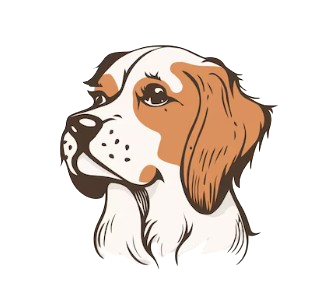

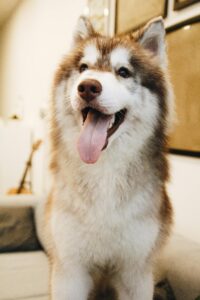 2- Exercises and Games in Puppy Lessons
2- Exercises and Games in Puppy Lessons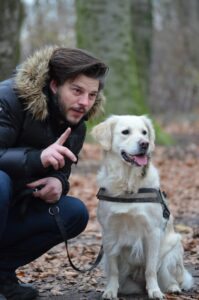 Strengthening the Bond Between Puppy and Human
Strengthening the Bond Between Puppy and Human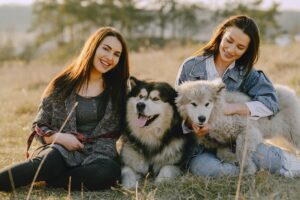


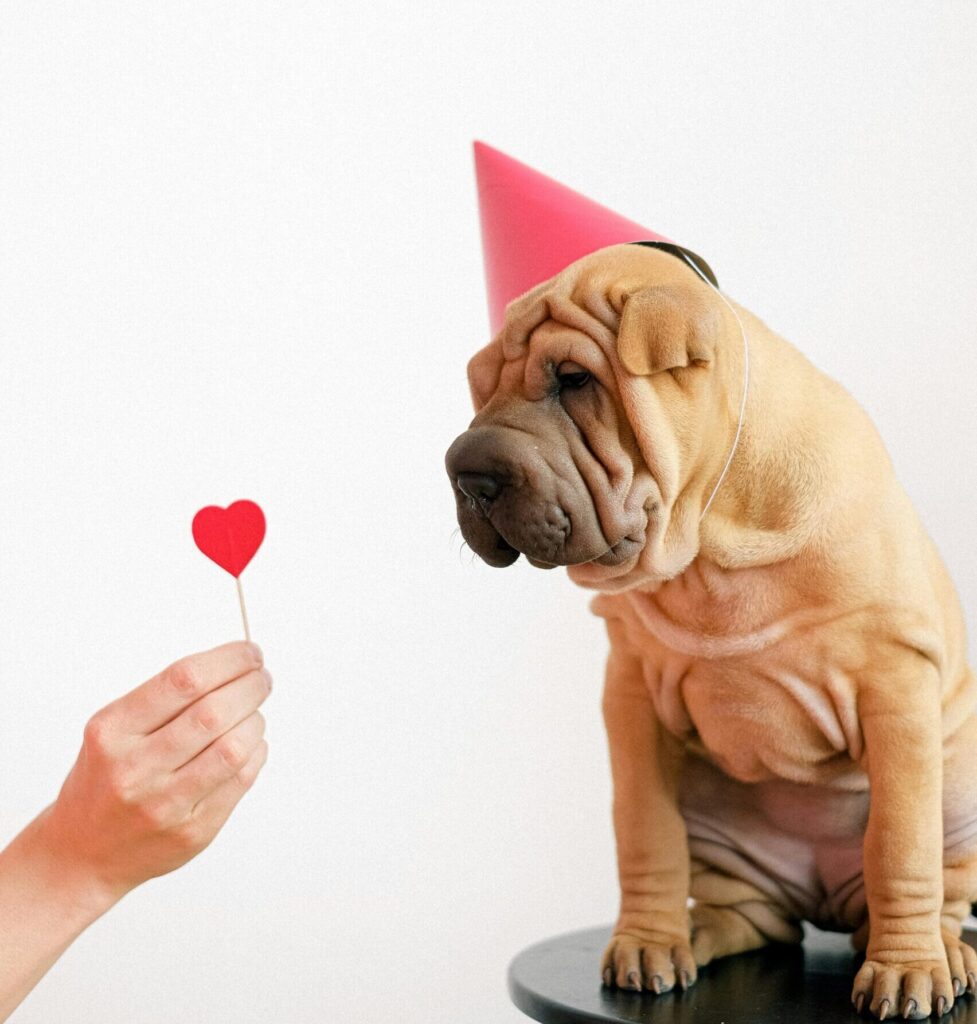
2 comments
[…] “Puppy Lessons: How to Teach Your Pup Through Playful Learning” […]
[…] “Puppy Lessons: How to Teach Your Pup Through Playful Learning” […]